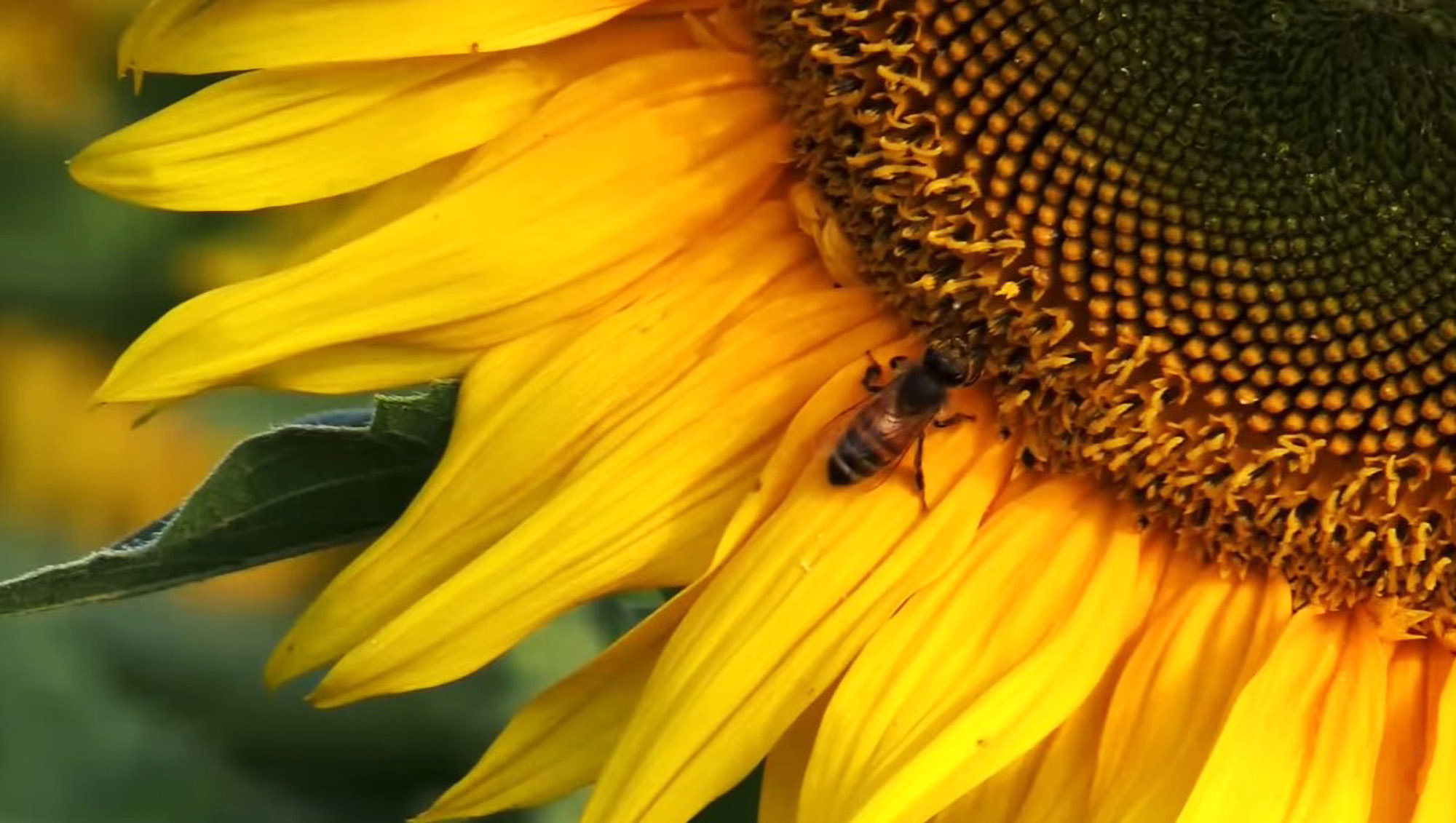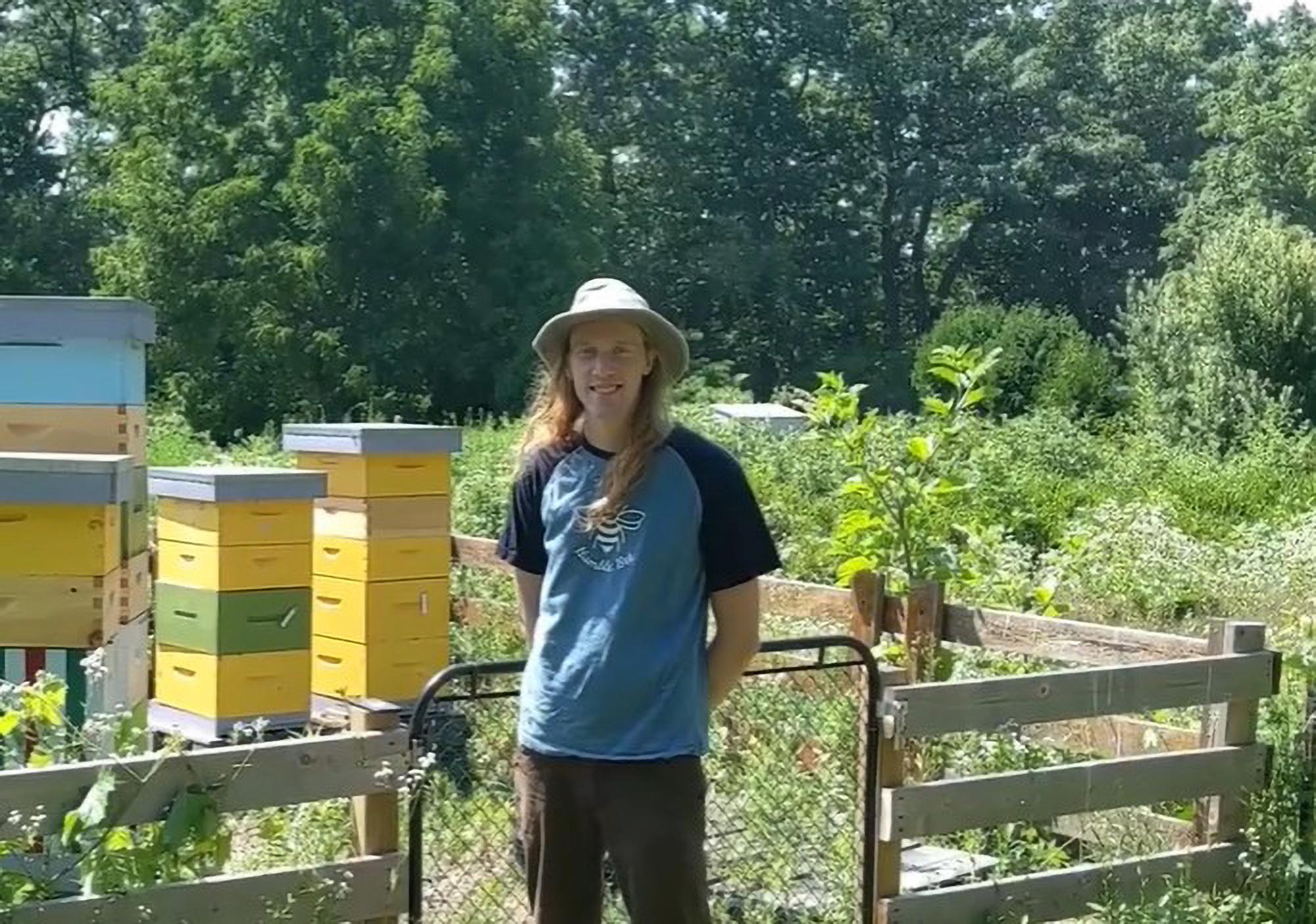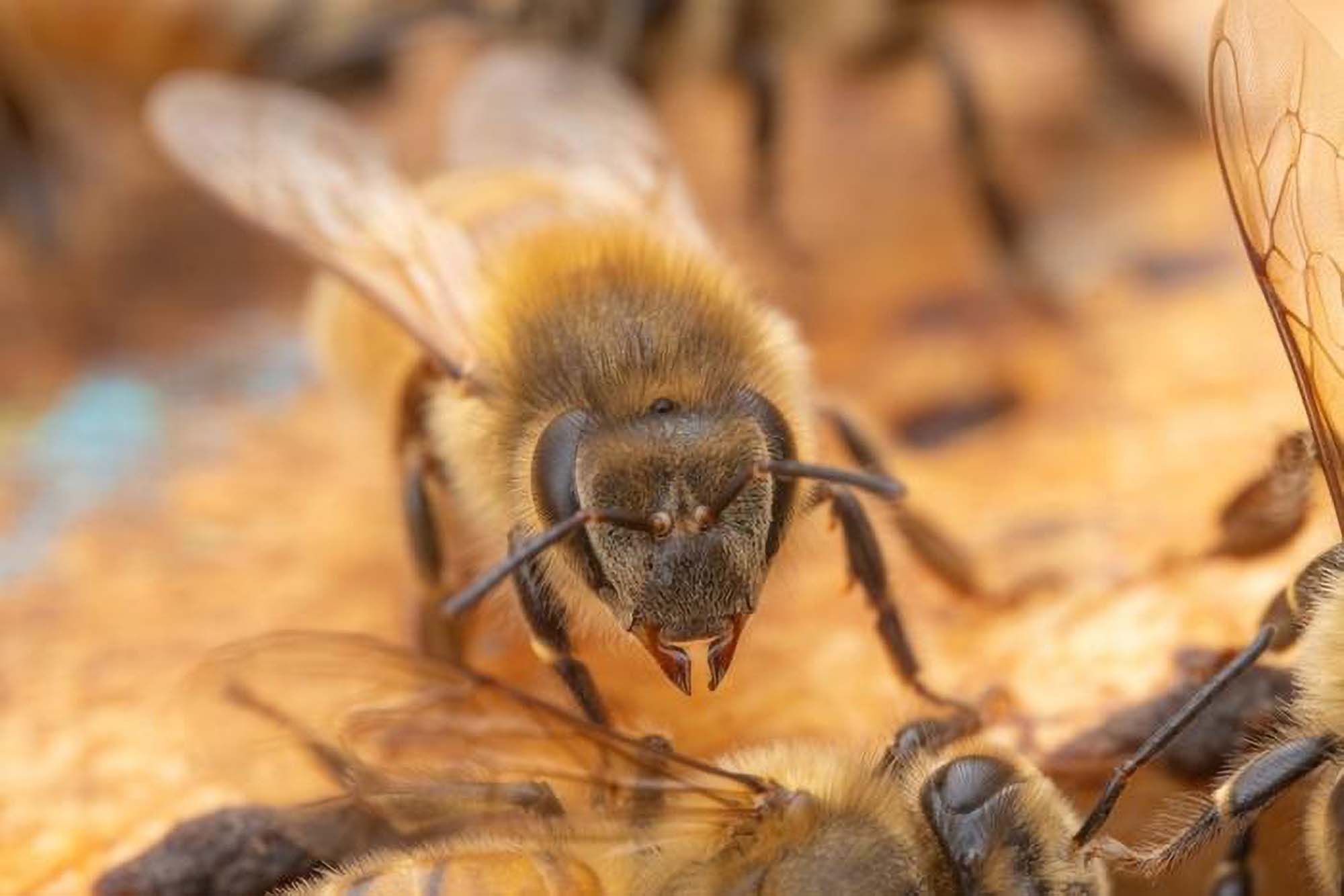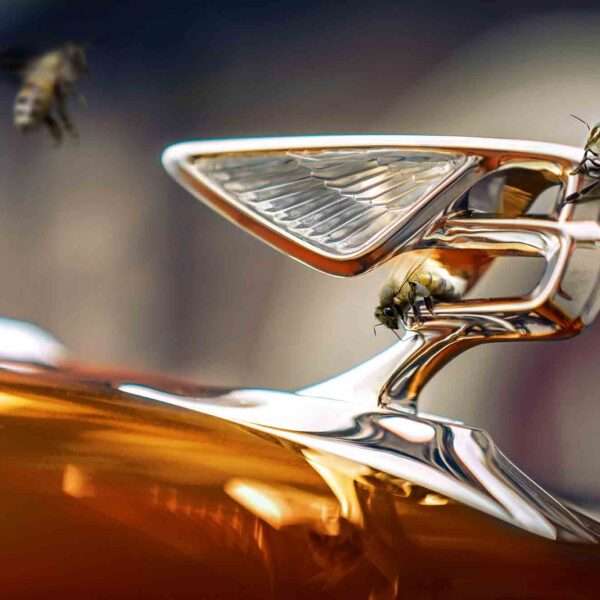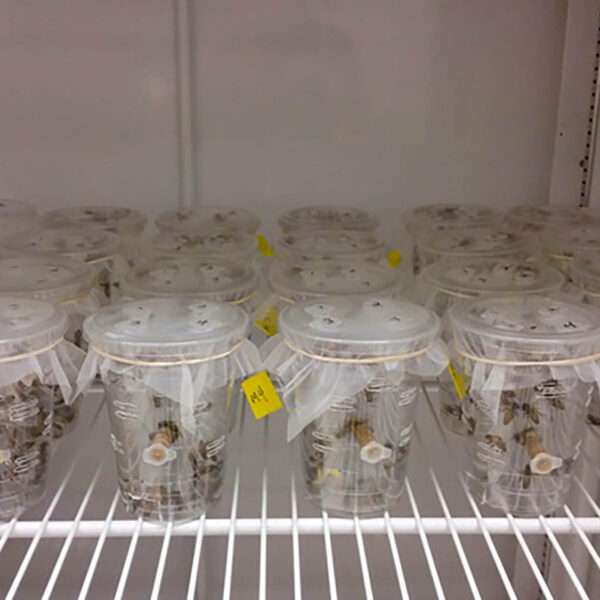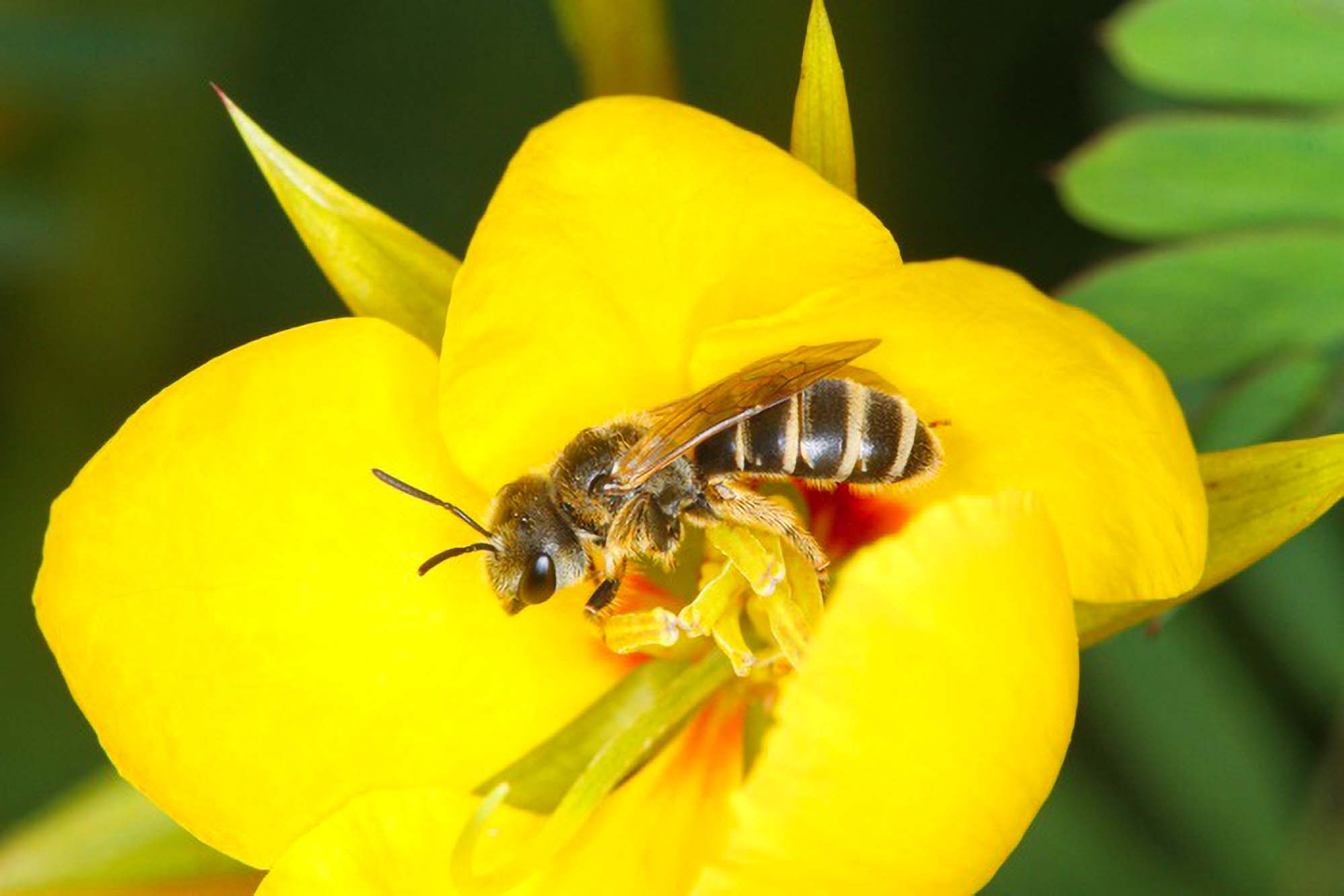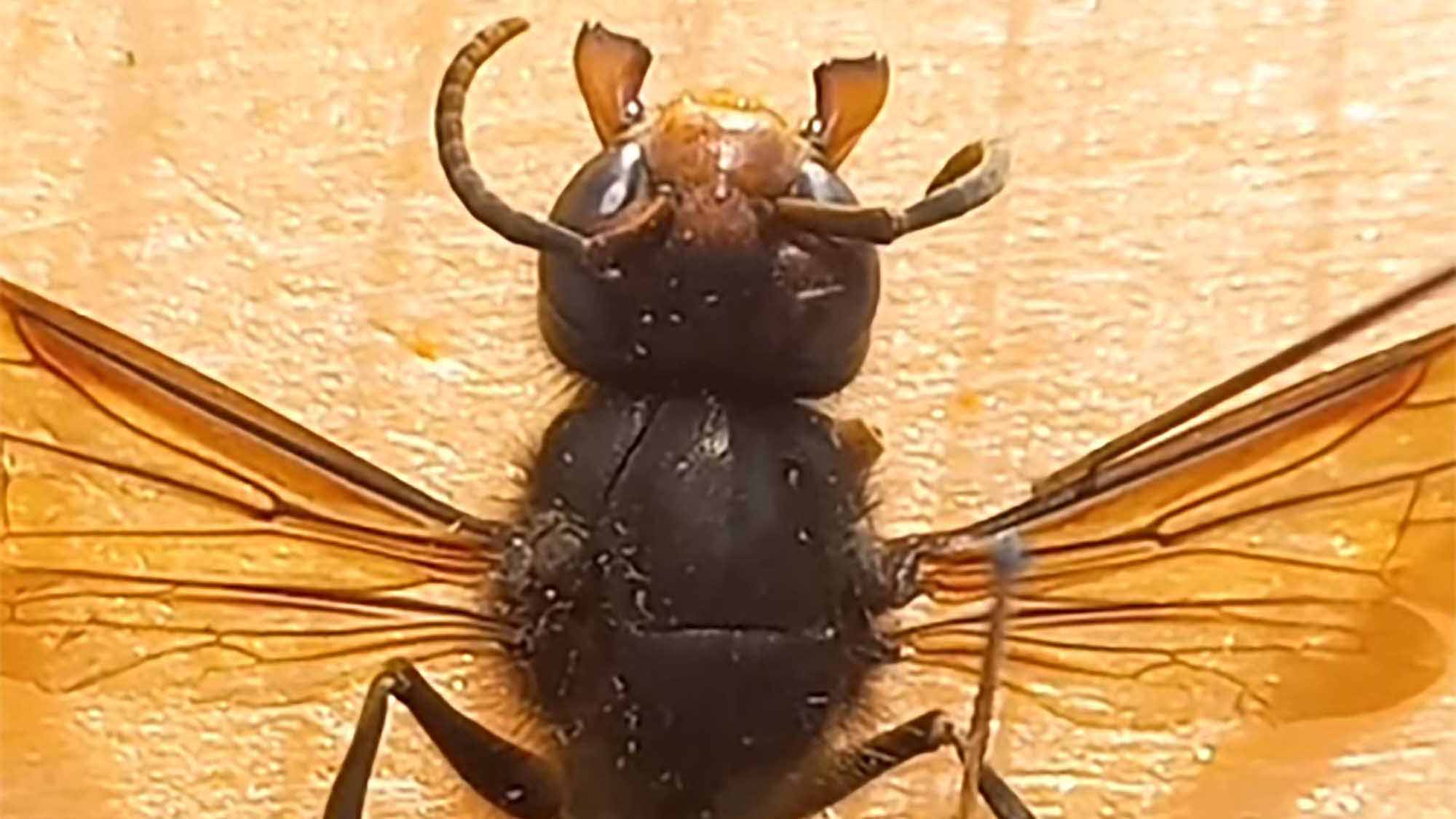Scientists examining the impact ozone has on pollination have described their findings as a “wakeup call” as the gas was found to impair the skills of foraging bees.
Experts from the UK Centre for Ecology and Hydrology (UKCEH) and several higher education institutions including Reading University carried out a series of tests to determine whether being exposed to ozone would change the odour flowers are spreading.
The researchers, who used a 30-metre (98 ft) wind tunnel at Surrey University, found that ozone decreased the odour plumes. However, the scent itself was affected as well since certain compounds reacted faster than others.
Atmospheric Chemistry Professor Dr Christian Pfrang from the University of Birmingham said: “Our study provides robust evidence that the changes due to ground-level ozone on floral scent cause pollinators to struggle to carry out their crucial role in the natural environment.”
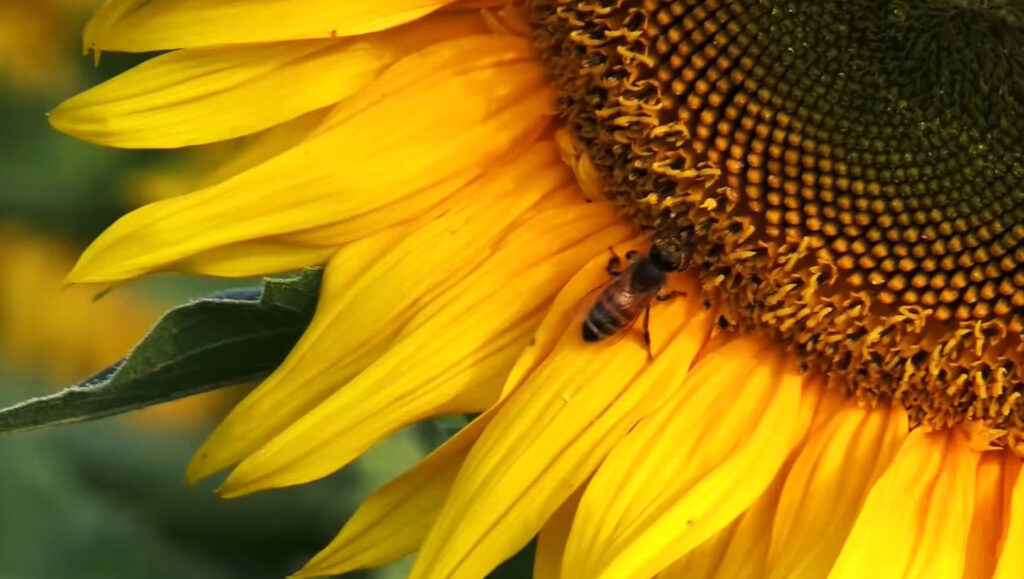
He warned this would negatively affect the security of supply for humans.
Ground-level ozone forms when nitrogen oxide emissions from vehicles and factories react with volatile organic compounds emitted from vegetation in the presence of sunlight.
The study of Dr Pfrang and his colleagues showed that, towards the centre of plumes, 52 per cent of honeybees recognised an odour at six meters. At 12 metres, they registered a decline to 38 per cent.
At the edge of plumes, which degraded more quickly, 32 per cent of bees recognised a flower from six metres away. However, only one in 10 insects managed to do so from 12 metres.
Dr Pfrang said: “We know that air pollution has a detrimental effect on human health, biodiversity and the climate. But now we can see how it prevents bees and other pollinating insects from carrying out their key job.”
According to the Birmingham University scientist, this development “should act as a wakeup call to take action on air pollution.”
Dr Pfrang argued it was vital to “help safeguard food production and biodiversity for the future.”
Dr Ben Langford, who is an atmospheric scientist at UKCEH, is the study’s lead author.
He said: “Some 75 per cent of our food crops and nearly 90 per cent of wild flowering plants depend, to some extent, upon animal pollination, particularly by insects.
Dr Langford emphasised: “Therefore, understanding what adversely affects pollination, and how, is essential to helping us preserve the critical services that we rely upon for the production of food, textiles, biofuels and medicines, for example.”

